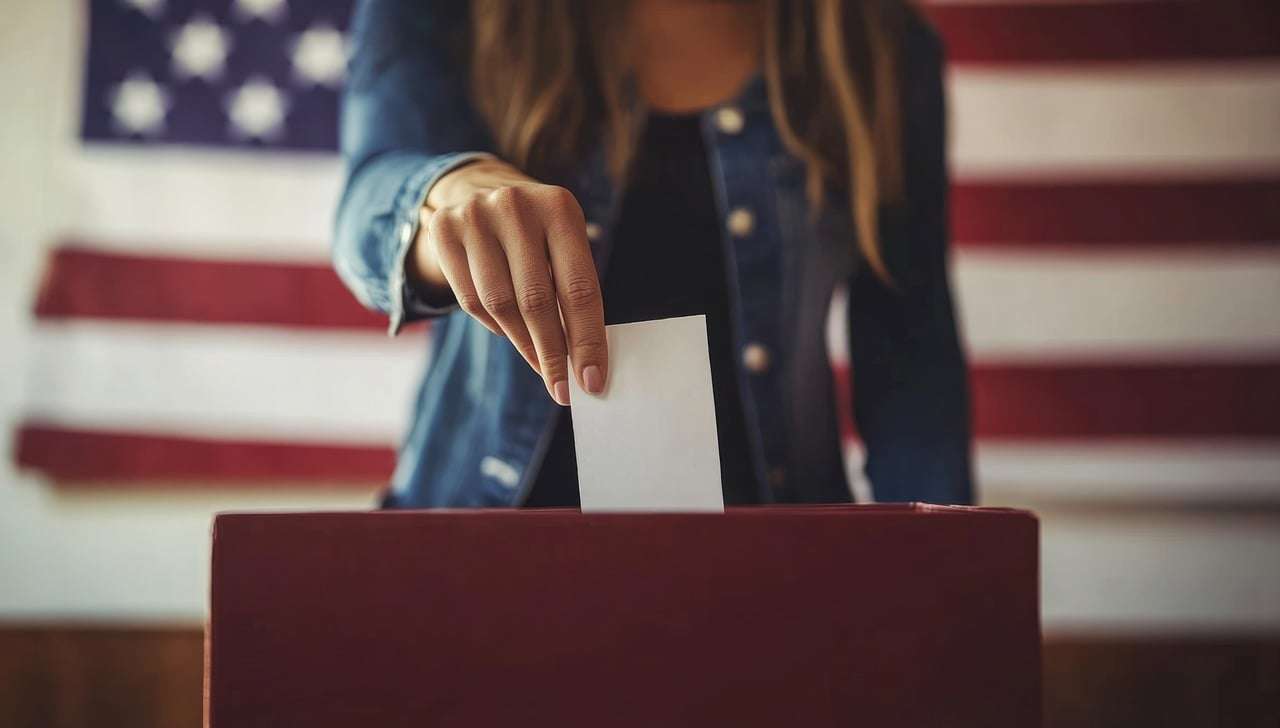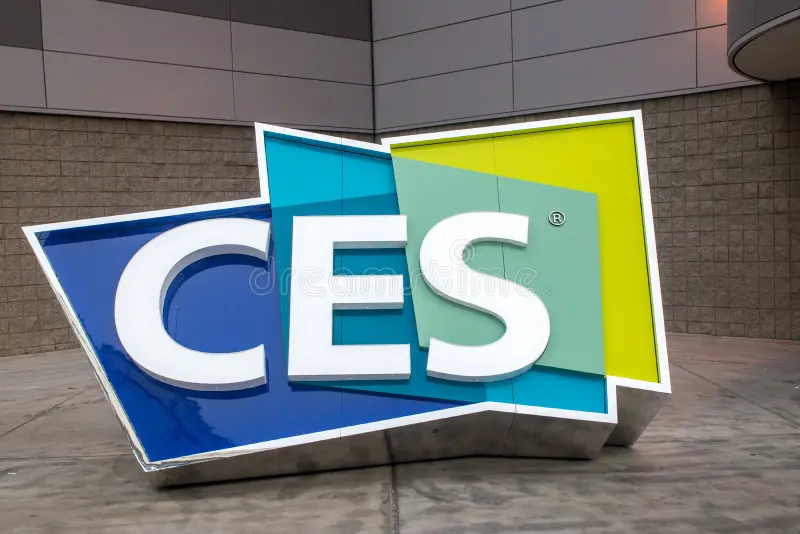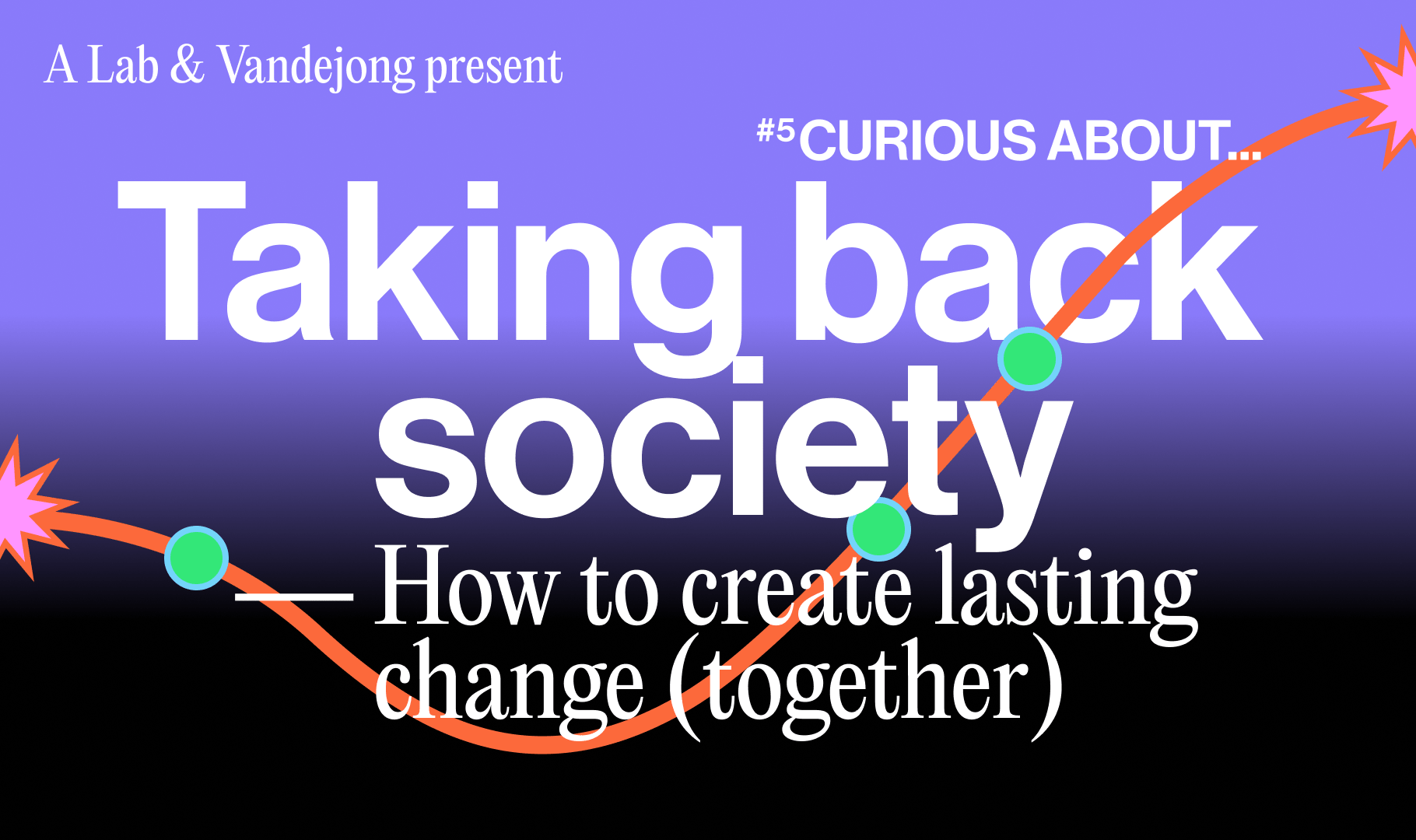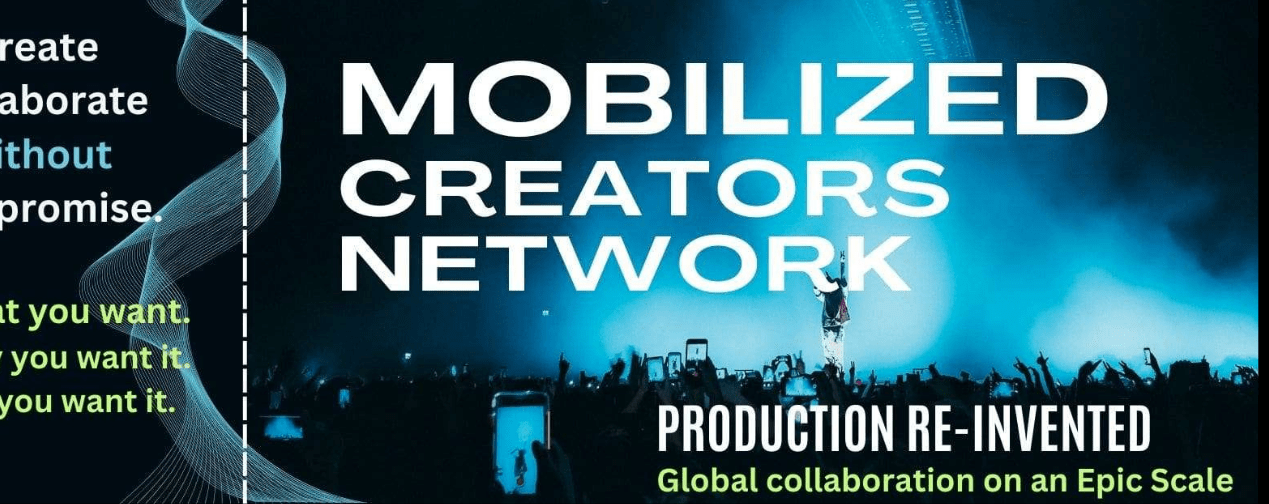Justice
The Dark Dirty Secret the State of Florida is trying to cover up.
Right now, Florida doesn’t feel or act like it’s learned that invaluable lesson for a better future from our dark past, and as William Faulkner once said, “The past is not dead, it’s not even past.”
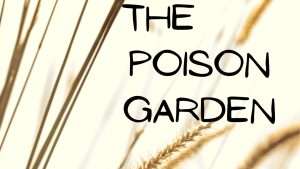 Let us ask ourselves, “Why are books being banned, truth being hidden and covered up, white collar criminals allowed to hold public office or run for office? What are these unethical leaders afraid of? Is the truth so difficult to handle?
Let us ask ourselves, “Why are books being banned, truth being hidden and covered up, white collar criminals allowed to hold public office or run for office? What are these unethical leaders afraid of? Is the truth so difficult to handle?
In asking these questions, we uncover the stories of what really happened. In the case of the film, “The Poison Garden” we are provided with a front row seat to the true story of three cases of official and judicial violence that occurred both in and out of the courts in South Florida in 1933, 1934, and 1935.
This story transports the audience to South Florida during the so-called “Dirty Thirties”.
“When politicians intentionally distort the truth about white supremacy and slavery by describing it as a “job opportunity” for blacks and refusing to allow our public schools and businesses to teach its true horrors because it might make students “uncomfortable” — that will only perpetuate the myths of white supremacy and “white-wash” our true history.” -Chris Mancini, Former D.O.J. Prosecutor and Producer of “The Poison Garden”
What was the driving force that led you into producing “The Poison Garden?”
Chris: In 1968, I was 14 and working as a volunteer at a phone bank at the Rochester NY headquarters of Bobby Kennedy’s presidential campaign when we received word of his assassination. I remember looking back at the empty rows of phone tables and being the last person to leave, shutting off the lights as I went. That experience left me, naturally. with a feeling of great loss but also with the determination to see that I hadn’t spent my free time volunteering for nothing and that RFK’s promises to improve criminal justice in America still needed to be fulfilled. I am also determined to correct the false historical depiction of lawyering in the South in the 1930’s as portrayed in To Kill A Mockingbird and to show folks what the real Atticus Finch’s and Southern Sheriff’s of that era were up to.
Evellyn: My practice of Nichiren Daishonin Buddhism has taught me that we need to fight injustice anywhere it occurs and my curating South Florida crime history exhibits has inspired me tell these true crime stories to inspire others to fight this form of social oppression.
How has your background as a former Department of Justice (DOJ) PROSECUTOR helped you in producing it?
My career in USDOJ law enforcement was a natural progression from my years of Jesuit education and as a public defender in Milwaukee, one of the poorest, most over policed and segregated cities in America.
I went from the trenches of street crime in Milwaukee to prosecuting large federal racketeering cases but all my experience has lead me to understand that nothing will change for the better in our criminal justice system under the false premises that every criminal had a choice and acted only out of free will and that we, under the flawed system we have designed, do not share a collective responsibility for every crime that is committed.
We have never seen crime and the people who commit it as our neighbors and as clients and until we do, we will never curb it, to the fullest extent that is possible.
How can this film be transformed into action at the local, state and National level? What are the steps that you envision.
Once we can show the film in both blue and red state schools like Florida (where it’s been banned until recently under blatantly unconstitutional laws like the STOP WOKE Act) we can move its audiences to understand the need to overturn the Supreme Court’s 1987 Dredd Scott-like ruling in McKlesky v. Kemp and to enact a federal Racial Justice Act (RJA) like California’s. A national RJA will open our state courts to discovery processes in aid of proving the debilitating presence of racism in law enforcement and provide an adversarial courtroom process to investigate, adjudicate, expose and remedy its corrupting influences.
You currently live in South Florida. How has the current DeSantis administration suppressed your ability to show this locally? What is their concern? What are they afraid of?
They’re afraid of the truth. When politicians intentionally distort the truth about white supremacy and slavery by describing it as a “job opportunity” for blacks and refusing to allow our public schools and businesses to teach its true horrors because it might make students “uncomfortable” — that will only perpetuate the myths of white supremacy and “white-wash” our true history.
In making the film we were mindful of Gov. DeSantis’s false claim that no one complained about slavery until the American Revolution. Well what about the slaves themselves or the many abolitionist movements that long proceeded the American Revolution? I guess they don’t count to him and that’s what you’ll get when you allow politicians to rewrite history, to ban books and to control educational principles to meet a political agenda.
Florida has been known as a place for tourists. But in addition to tourism, there exists a large agricultural industry. Sugar, fruits and vegetables. DeSantis has drawn a red line in the sand prohibiting the progress of alternative proteins and foods. But the agriculture industry, including livestock is a major contributor to climate change and environmental destruction. What is he thinking and why?
I can’t read Gov. DeSantis’s mind, but history in Florida is clearly repeating itself now. The true history of racism in Florida that goes back to the 1930’s (which we depict in the film) tells us that we lead the nation in lynchings during the 1930’s as part of a terror campaign to support our white agricultural growers efforts to deter blacks from leaving their fields during The Great Migration in the midst of The Mexican Deportation Act. There’s a valuable history lesson there to question what the true underlying financial motives are for the recent discussions about the mass deportation of immigrants and the power that agriculture and tourism yield over our lawmakers in Tallahassee to the derogation of basic human rights.
As a federal prosecutor, you have seen up and close, the dark side of society. How bad is it here in Florida? Drug cartels, smuggling, prostitution, money laundering and the trafficking of women and children?
How do you remain hopeful?
We have grandchildren in Florida and nothing motivates us more than our hopes for them having a better future. But Florida has always been the “The Casablanca of The South”, the last stop on the koo-koo train and the refuge for selfish scoundrels in our politics who say they are seeking office to “do good” for us all but stick around to “do well” by themselves and the small tribal groups that support them. We all want the same things, but Florida will only achieve them when we work together to end the culture that promotes the belief that in order for some of us to win, the “others” among us have to lose.
Right now, Florida doesn’t feel or act like it’s learned that invaluable lesson for a better future from our dark past, and as William Faulkner once said, “The past is not dead, it’s not even past.”


